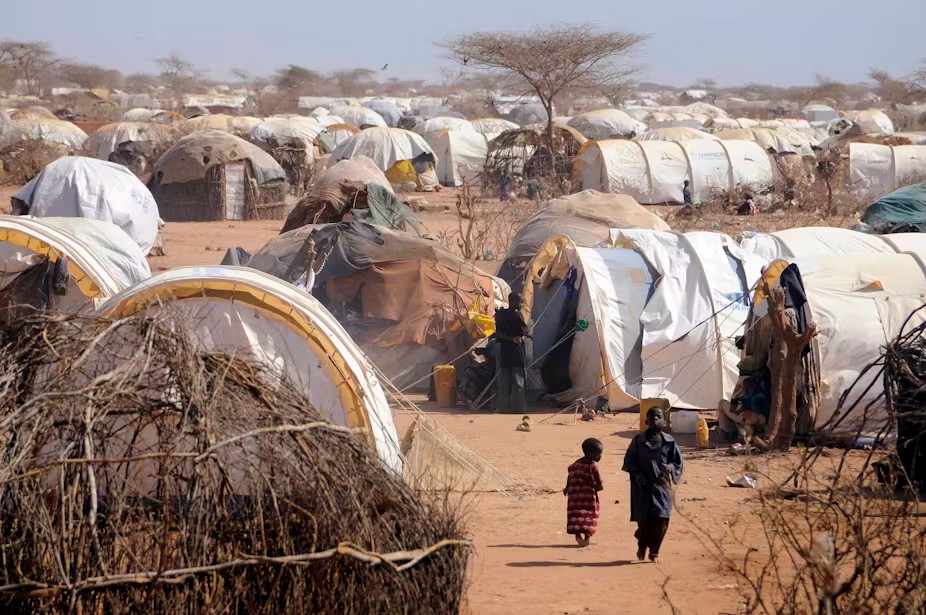- Over 500 families of Kenyan origin living in the Dillo and Megado areas of Southern Ethiopia ran away to seek asylum due to inter-ethnic conflicts in North Horr in 2000, culminating in what came to be known as the Turbi Massacre.
When we talk about patriotism, the feeling of belonging to a particular country is satisfying. This is why identifying as Kenyan, Ugandan, or American connects us to our nations. However, stateless individuals do not share this sense of belonging.
A stateless person is someone who is not recognized as a national by any state. Refugees, who are forced to flee their homes due to war or violence, often fall into this category. They may struggle to regain their nationality due to prolonged displacements and changes in nationality laws.
According to the United Nations Refugee Agency (UNHCR), 73 per cent of refugees globally come from Sudan, Ukraine, Venezuela, Syria and Afghanistan.
The United Nations recognizes nationality as a human right. However, statelessness robs one the most fundamental aspects of a person’s wellbeing.
“Having a nationality is a human right. Yet, millions of people around the world are stateless, which creates barriers to work, education, travel, healthcare & more,” says the UN.
Read More
In March 2025, President William Ruto launched a programme that integrates refugees and the host communities in the country. The programme dubbed Shirika Plan aims to promote socio economic inclusion by transforming camps into integrated settlements for refugees and asylum seekers. According to the President, the Shirika Plan integration include matters education, healthcare, environmental management, livelihoods and social protection.
Similarly, in April 2025, Prime Cabinet Secretary Musalia Mudavadi said that the Government is actively working on plans to facilitate the repatriation of Kenyan refugees in Magatho and Dilo Towns in Ethiopia.
According to Mudavadi, over 500 families of Kenyan origin living in the Dillo and Megado areas of Southern Ethiopia ran away to seek asylum due to inter-ethnic conflicts in North Horr in 2000, culminating in what came to be known as the Turbi Massacre.




-1772090413-1772095461-md.jpg)
-1772094026-md.jpg)


-1772090413-1772095461-sm.jpg)
-1772094026-sm.jpg)